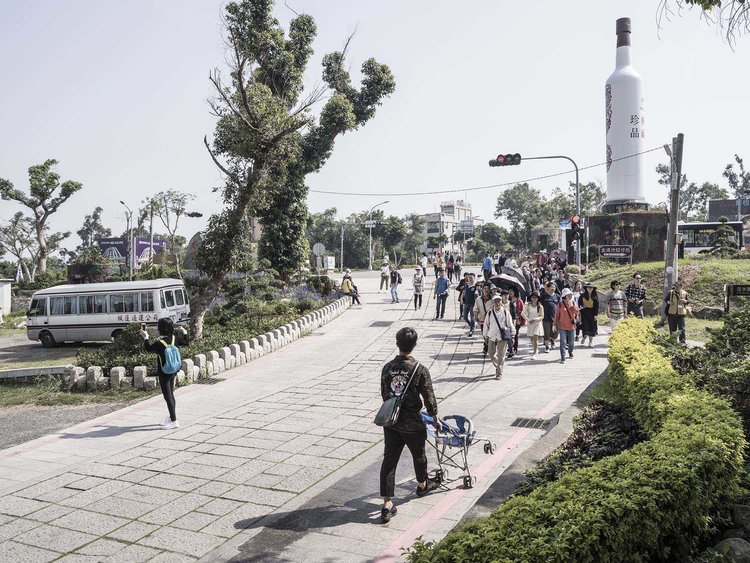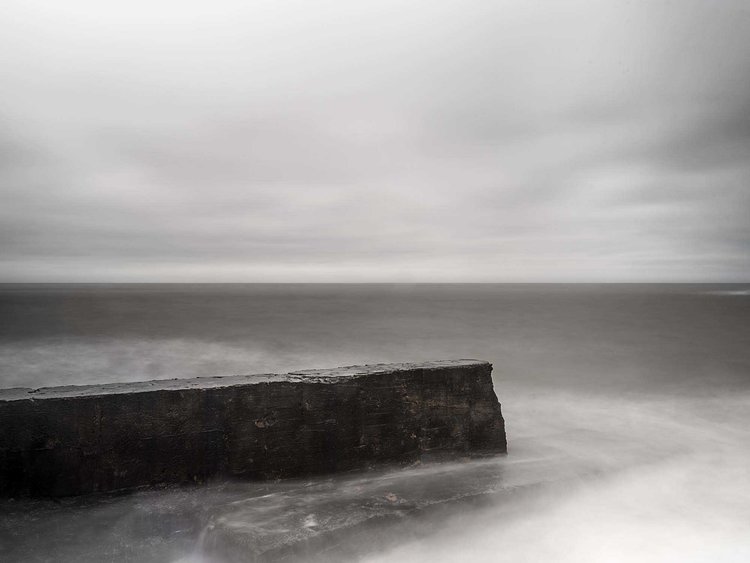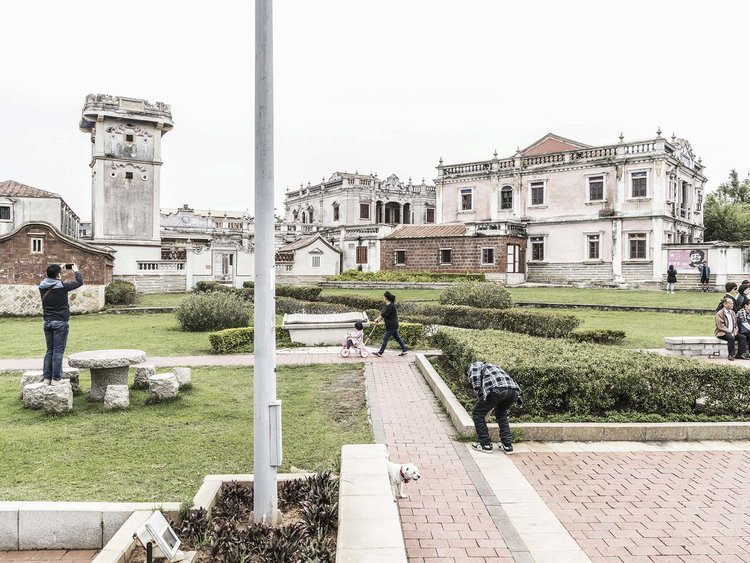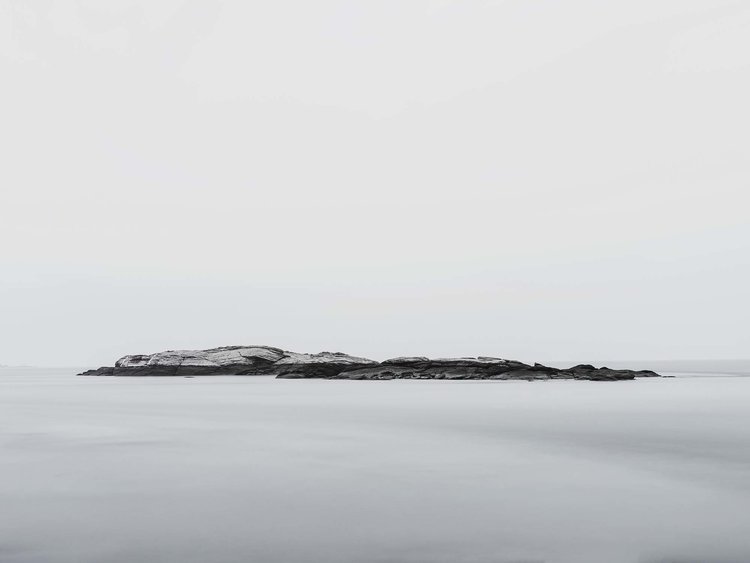THE FRONTLINE RELIES ON YOU
BY FRANKY VERDICKT
After the civil war which ended in 1949 there are two China’s, the People’s Republic of China * and the Republic of China better known as Taiwan*, both are locked in a complex military, political and diplomatic confrontation. Since then, the relations between China and Taiwan have been characterized by limited contact, tensions, and instability, due to the fact the Civil War merely stopped without formal signing of any peace treaty and the two sides are technically still in a state of war. The questions of independence and the island's relationship to mainland China are complex and inspire very strong emotions among Taiwanese people. As such, the political status and the legal status of Taiwan (alongside the territories currently under Taiwan jurisdiction, like the islands of Matsu an Kinmen) are in dispute. In 1971, the United Nations gave the China seat to China instead of Taiwan: most states recognize China to be the sole legitimate representative of all China, and the UN classifies Taiwan as "Taiwan, Province of China". Taiwan has de facto relations with most sovereign states. US policy has been described as one of "strategic ambiguity", seeking to balance China's emergence as a regional power with US admiration for Taiwan's economic success and democratization.
These series are to be framed within this historical context. In between the Chinese mainland and Taiwan lies the small Taiwanese islands of Matsu and Kinmen so close to mainland China they can see each other. The islands are culturally related and geographically very close to the China, but politically to Taiwan. This geographical proximity of these two ‘enemies’ made me curious. Although things cooled down over the years, the islands remain still heavily militarized. The islands of Kinmen, which means Golden Gate and are only a couple of kilometeres from the Chinese city of Xiamen, has a long and rich common history over more the 1700 years. The archipel of Matsu, very close to the Chinese city of Fuzhou, used to be just some small fishing villages, but became a frontline between the two states, with thus heavy militarization as a result. Only in 1992 the military administration was lifted and (some) of the island became open to the public.
* For easy reading and understanding of the texts the word China will be used to described the People’s Republic of China and the word Taiwan will be used to describe the Republic of China. By no means the use of these words have political connotations, these words are used for more easy reading and understanding of the texts, since to my believe, these words are commonly used to describe both states.
** The title of these series The frontline relies on you refers to a free translation of the song Jun Zai Qian Shao (君在前 哨 ) by the immensely popular late Teresa Teng which is being used as propaganda in Beishan Broadcasting station on the island of Kinmen.
About the author
Verdickt’s work shows a fascination on how ideas and ideologies can sublimate into images and formulates them into a visual story. In order to find stories he travels around the globe, mainly Asiatic countries.In 2014 he published his first book ‘The South Street Village’, his second book ‘Nobody Likes To Be Hindered By WorldlyTroubles’was shortlisted for the Liège PhotobookAward,the Belfast PhotobookAward and the Athens Photobook Award. In 2015 he won the LensCulture Exposure Award. His work has been published internationally, including GEO Magazine, Private, De Volkskrant, De Morgen, among others. Franky Verdickt was born in Belgium in 1971.








